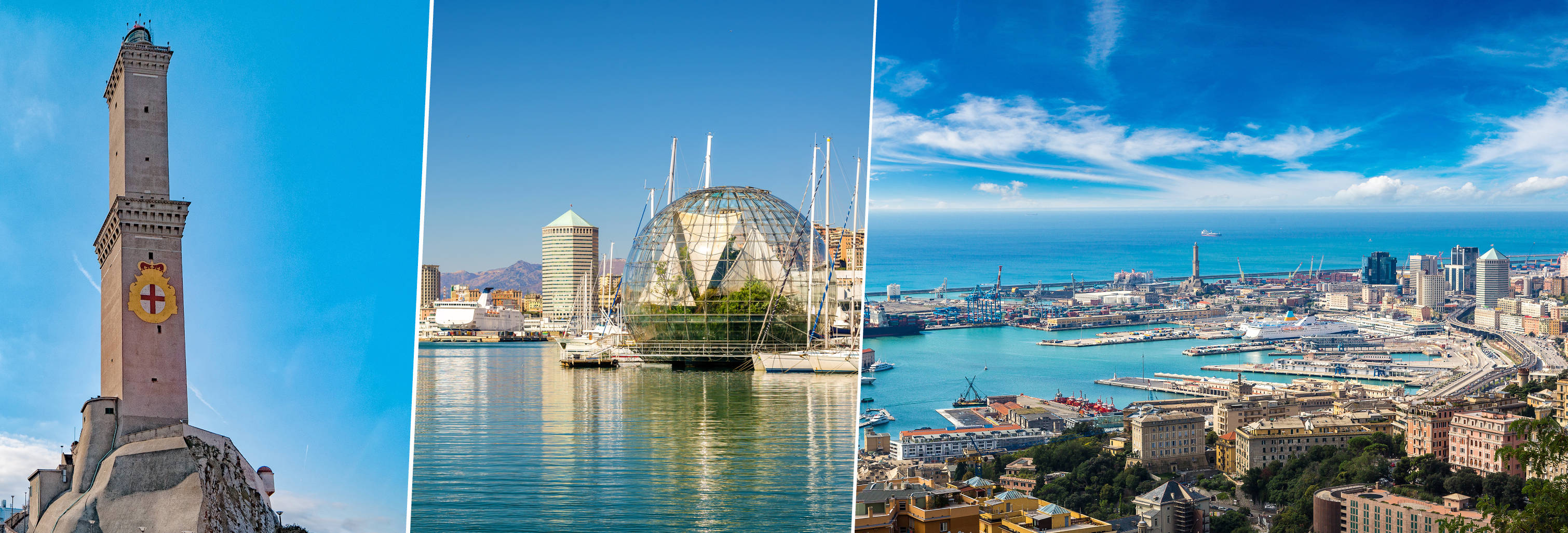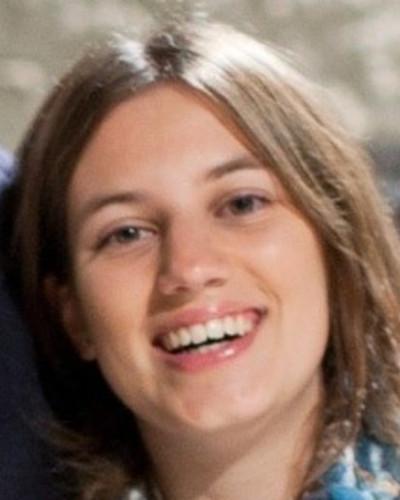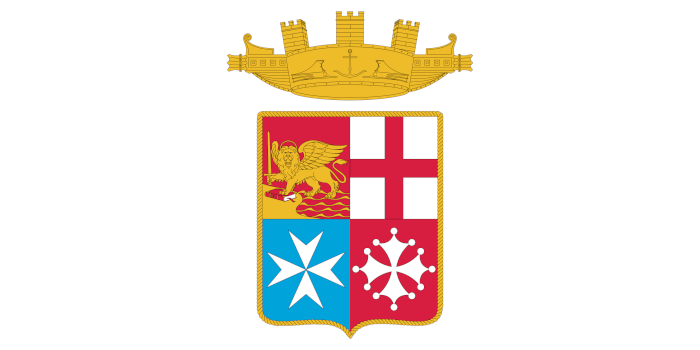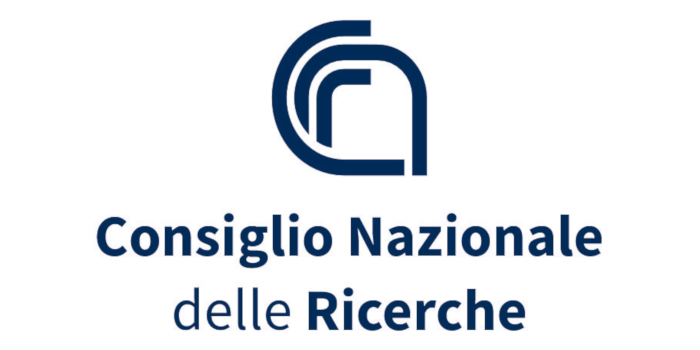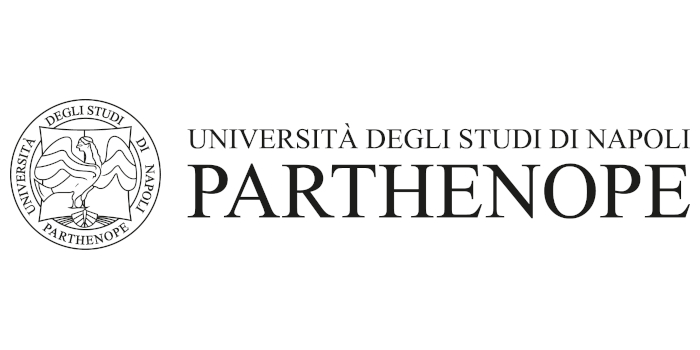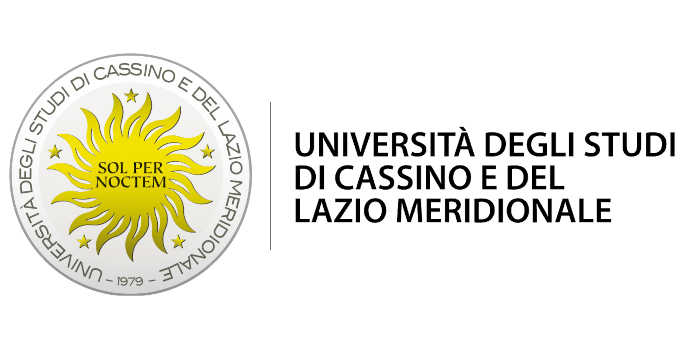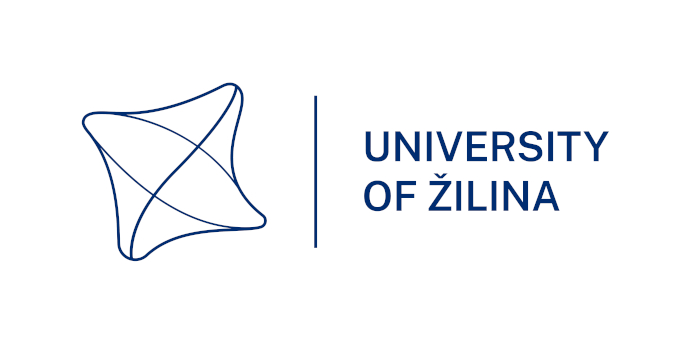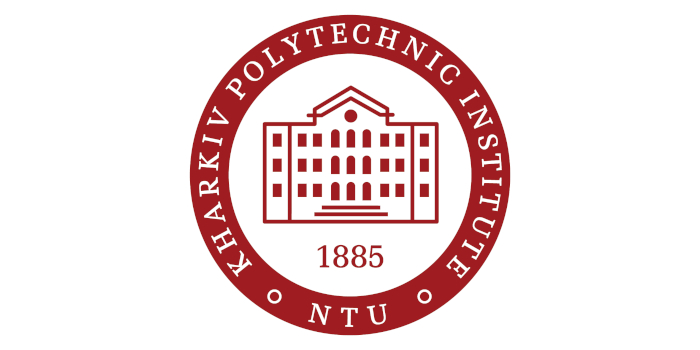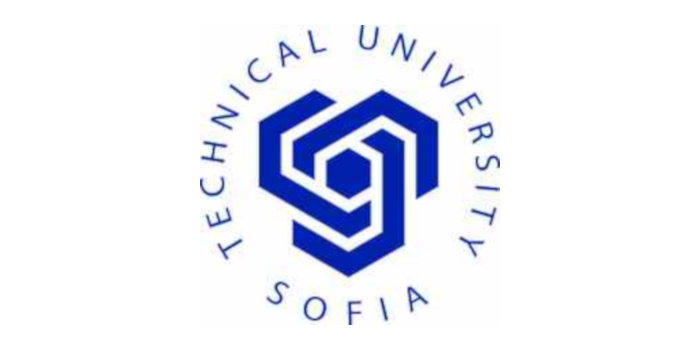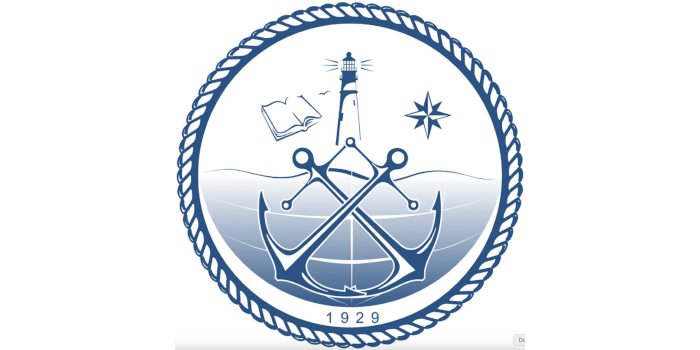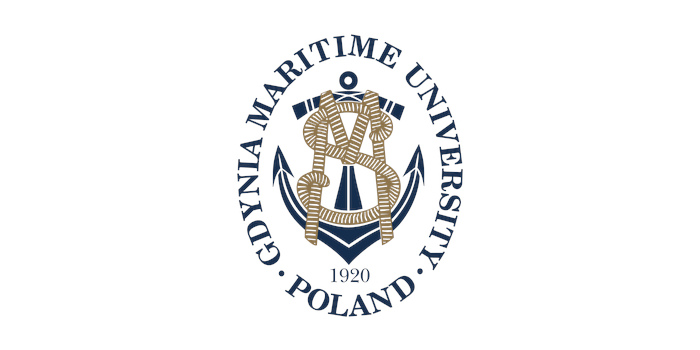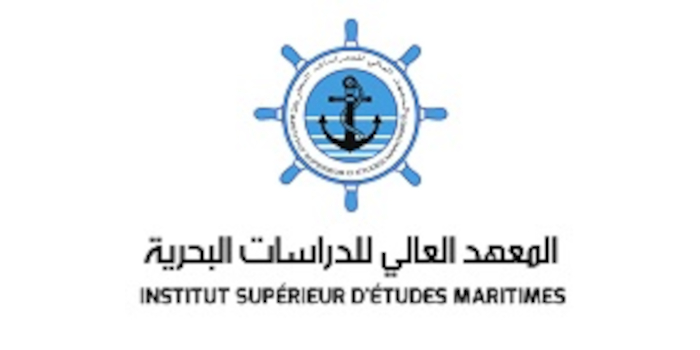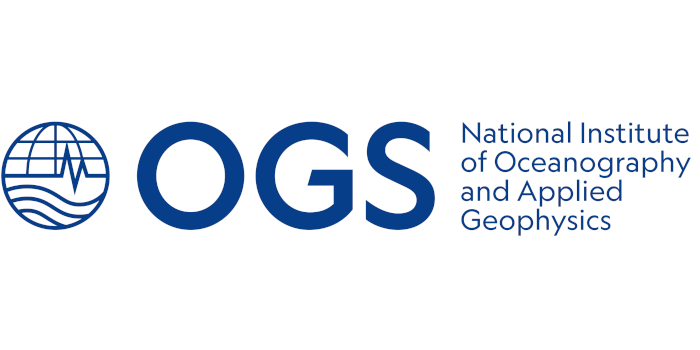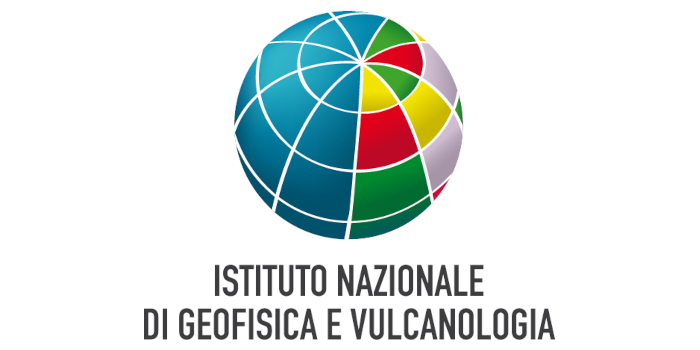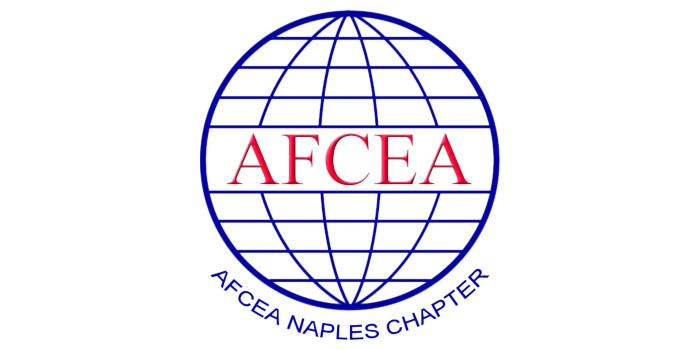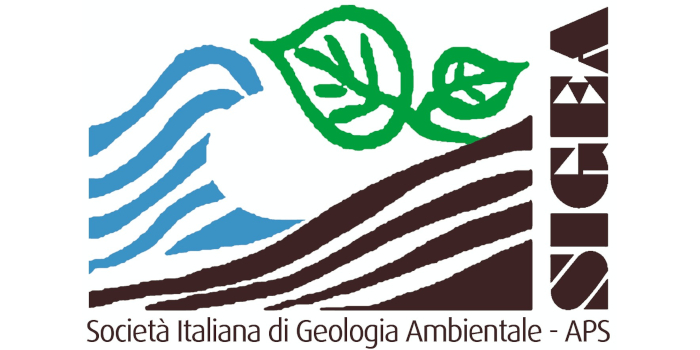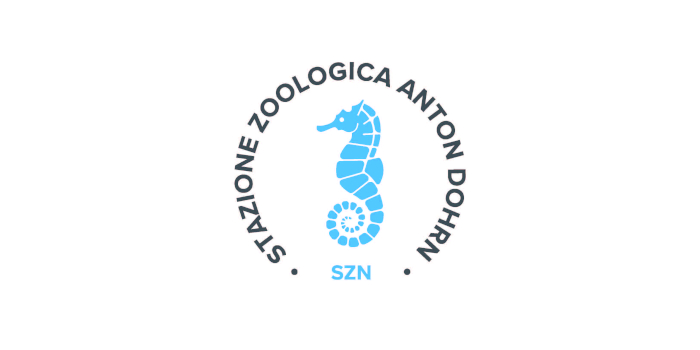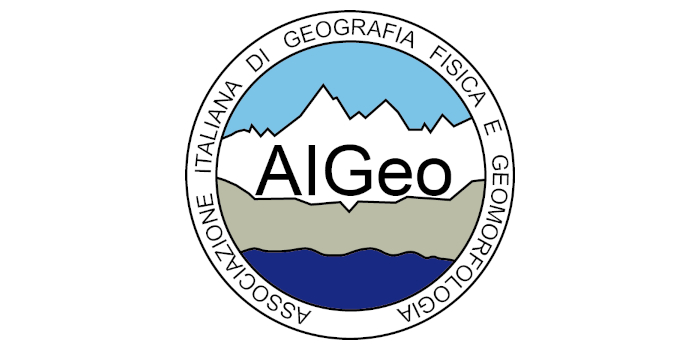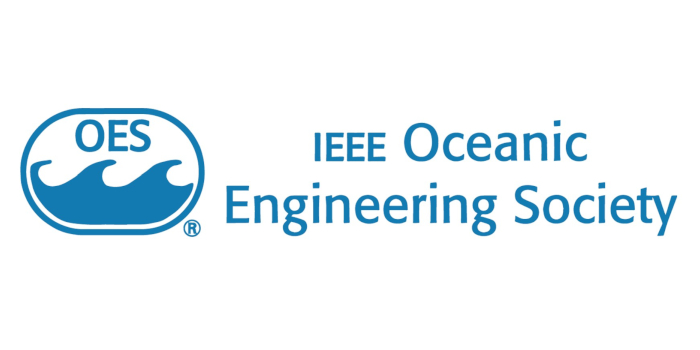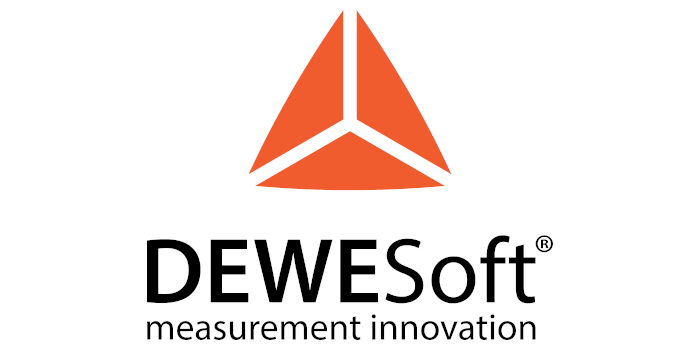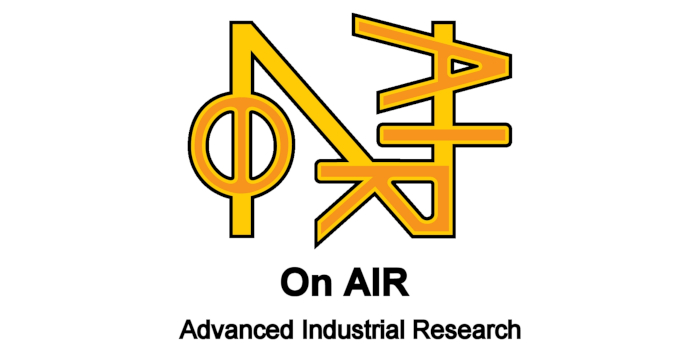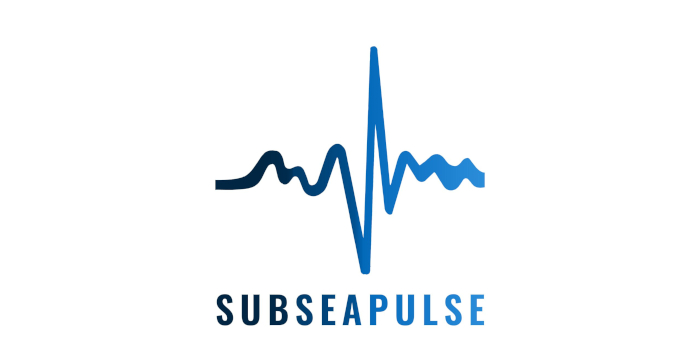SPECIAL SESSION #2
Technologies, techniques and methodologies for coastal monitoring
ORGANIZED BY
Alessandro Pozzebon
University of Padova, Italy
Matteo Bertocco
University of Padova, Italy
Giacomo Peruzzi
University of Padova, Italy
Chiara Favaretto
University of Padova, Italy
Duccio Bertoni
University of Pisa, Italy
ABSTRACT
Coastal areas represent one of the most fragile environments worldwide: they host around 50% of global population, and this value is growing. At the same time, coastal areas host complex ecosystems that are constantly threatened by human activity, pollution as well as natural processes like tides, wave motion or storms. Similarly, coastal erosion is an urgent environmental concern, as it affects vast stretches of coastline around the world, with consequences that can be devastating in some cases. The monitoring of these areas is thus of paramount importance both for the protection of human activities, and for environmental safeguard.
However, coastal monitoring is an extremely complex task, due to the vast heterogeneity of data to be acquired. These include data related to morphological processes, to biological and chemical parameters, to human activities, to sea motion and so on. To this purpose, many technologies, techniques and methodologies have been developed for years. These range from new sensors or sensor networks, to new approaches on data processing based on machine learning and data fusion techniques, but also to novel methodologies to exploit in a combined way the available instruments to gather complex information. Therefore, this Special Session aims at collecting novel contributions in the field of coastal monitoring, proposing novel technological tools as well as innovative technologies and methodologies for the acquisition of data related to any kind of coastal process.
TOPICS
Main topics for this Special Session include:
- Sensors for the acquisition of parameters related to coastal monitoring;
- Integrated multi-sensor monitoring tools for coastal monitoring;
- Sensor network architectures for coastal areas;
- Data fusion techniques for the processing of data related to coastal processes;
- Tools and techniques for the monitoring of coastal erosion;
- Tools and techniques for the acquisition of biological and chemical parameters in coastal areas;
- Machine learning algorithms for the processing of data related to coastal areas;
- Integrated approaches and methodologies for the management of coastal areas;
- Field test applications of sensors in coastal areas.
ABOUT THE ORGANIZERS
Alessandro Pozzebon received the M.Sc. degree in computer science engineering and the Ph.D. degree in information engineering from the University of Siena, Siena, Italy, in 2006 and 2012, respectively.
He is currently an Associate Professor with the Department of Information Engineering, University of Padova, Padova, Italy, where he teaches electronic measurements. His main research interests include the development of distributed measurement applications based on low-power wide area network, wireless sensor network, and RFID technologies in several different application fields, from healthcare to cultural heritage and environmental monitoring
Matteo Bertocco graduated in Electronic Engineering in 1987 with full marks and honors. After one annual scholarship from an important national company, and his military service, he completed his studies with a research doctorate, obtaining in 1993 the Italian PhD degree in Electronic Instrumentation at Brescia university. He worked as a designer in a company of national interest producing telecommunication systems. The academic academic career begun at the University of Padua in 1992 as a researcher, since 1998 continued in the role of associate professor, and then as a full professor since 2002.
He currently serves at the Department of Information Engineering of the University of Padova, where he also actively collaborated in management activities, in particular as a member of the Department Board and other Department and University commissions. Research interest are now in the field of application of AI techniques to electronic instrumentation and devices.
Giacomo Peruzzi received the B.Sc. degree in information engineering, the M.Sc. degree in computer and automation engineering and the PhD in Information Engineering and Science from the University of Siena, Siena, Italy, in 2016, 2019 and 2023 respectively. He is currently a Research Fellow with the Department of Information Engineering, University of Padua, Padua, Italy.
His current research interests include the fields of the Internet of Things (IoT) and distributed measurement systems. In particular, he deals with wireless sensor networks (WSNs) for monitoring systems that are enabled by low-power wide-area network (LPWAN) technologies, as well as embedded machine learning (ML) for measurement infrastructures.
Chiara Favaretto is a Research Fellow - Assistant Professor (RTDa) of Coastal and Maritime engineering at the Department of Civil, Environmental and Architectural Engineering (ICEA), University of Padova, from October 2021. She received an M.Sc. degree in Civil Engineering at the University of Padova in 2013. She defended her PhD thesis “Development of a model for the assessment of coastal flooding vulnerability: Implementation at the Venetian littoral” in Civil and Environmental Engineering Sciences at the University of Padova in 2019. She is member of the Professional Society of Civil and Environmental Engineers, Venice, Italy. She holds the courses of “Hydrology” and “Coastal Flooding Hazard”, at the University of Padova, and she is co-supervisor of several master theses.
Duccio Bertoni got the M.Sc. and the Ph.D. degree at the Department of Earth Sciences, University of Pisa (Italy) in 2005 and 2010, respectively. His Ph.D. thesis dealt with the morphodynamic evolution of three artificial pebble beaches at Marina di Pisa (Italy). He held several post-doctoral positions at the University of Pisa (Italy) from 2010 to 2012 and at the Department of Physics and Earth Sciences, University of Ferrara (Italy) from 2013 to 2015. Since 2017 he is an Assistant Professor at the Department of Earth Sciences of the University of Pisa, where he is Lecturer in Coastal Sediment Dynamics. Since 2024 he is an Associate Professor at the Department of Earth Sciences of the University of Pisa, where he is Lecturer in Coastal Sediment Dynamics and Coastal Risk.

